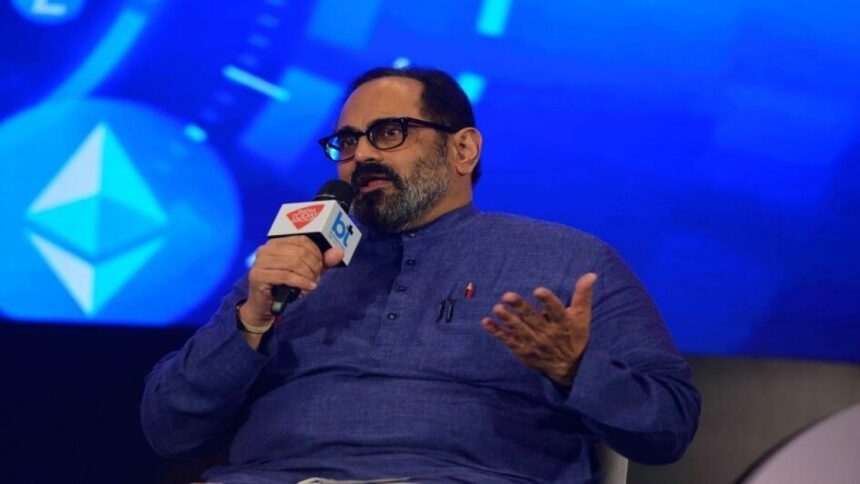India is open to Chinese investment despite border tensions between the two countries, Minister of State for Information Technology Rajeev Chandrasekhar told the Financial Times in a report published on Wednesday. He said New Delhi is open to doing business with any company anywhere as long as they are conducting their business lawfully.
“We are open to doing business with any company anywhere as long as they are investing and conducting their business lawfully and are in compliance with the Indian laws,” Chandrasekhar told the UK business daily, adding that India was “open to all investment, including Chinese”.
Also read: India’s crackdown on Chinese firms: How automakers MG Motor, BYD are coping
India has tightened scrutiny of Chinese investments and businesses in the country after a deadly border clash between the two countries in eastern Ladakh in 2020. Soon after the clash, the Ministry of Commerce amended its Foreign Direct Investment(FDI) policy for “curbing opportunistic takeovers/acquisitions of Indian companies”.
The ministry said that an entity of a country that shares the land border with India – namely Afghanistan, Bangladesh, Bhutan, China, Myanmar, Nepal, and Pakistan- can invest only under the government route. Earlier, no government approval was required for Chinese investment in India. New Delhi also banned over 300 Chinese apps including TikTok.
Last week, it was reported that India rejected Chinese automaker BYD Co’s proposal to set up a $1 billion factory in the country over security concerns with respect to Chinese investments. However, the FT citing sources said BYD’s application was “pending and still valid”.
FT also reported that Apple’s Chinese contract manufacturer Luxshare Precision Industry Co Ltd, which has two plants in India, has applied for permission for another factory in the country, but Indian officials have not yet approved the project. Chandrasekhar told the British business daily he was unaware of Luxshare’s application.
In May this year, Business Today reported that the Ministry of Corporate Affairs (MCA) had last year sent a notice to Chinese-owned passenger vehicle major MG Motor India on certain alleged irregularities in its books. It had asked the company’s directors and its auditor to explain certain alleged audit deficiencies that had been discovered during the course of the probe.
Since then, MG had been in talks with several Indian investors like Sajjan Jindal-led JSW Group to sell close to a 15 per cent stake. MG Motor is owned by SAIC Motor Corporation (formerly Shanghai Automotive Industry Corporation) – a Chinese state-owned automobile manufacturer headquartered in Anting, Shanghai.
Business Today has also learnt that billionaire industrialist Sajjan Jindal is reported to be interested in acquiring a 48 per cent stake in the company. A senior automotive industry executive told BT that in the passenger vehicles industry, no approvals have been given in recent times to Chinese investments. “Even the local auto industry lobby is against a free run for Chinese automakers. Thus, it was only prudent for MG to look for Indian partners,” the executive said.








